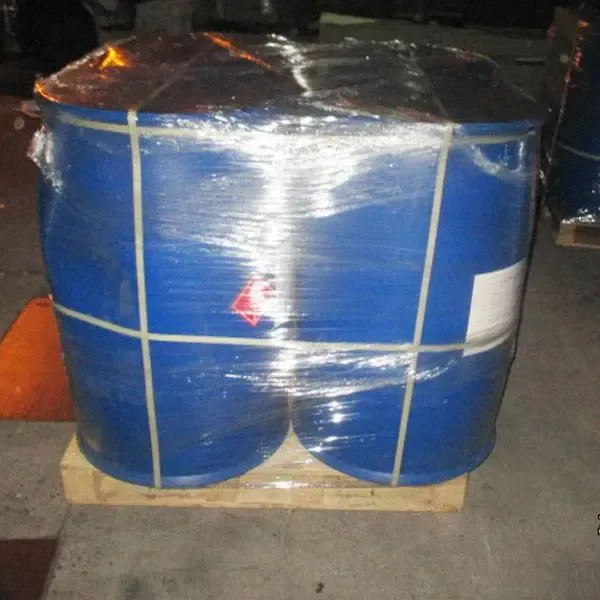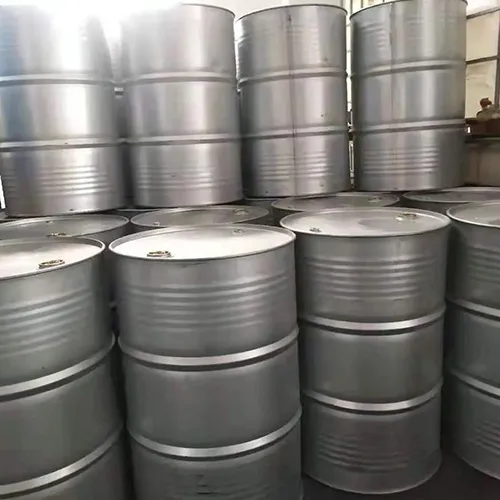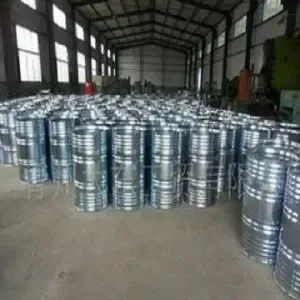sodium carboxymethyl cellulose in food


Such versatility is part of why sodium CMC has become entrenched in product formulations around the globe. For food technologists, understanding its functional role allows for innovation and the development of novel products that meet changing consumer demands. As clean-label trends gain traction, considering CMC's compatibility with natural and organic ingredients gives manufacturers the ability to enhance product appeal without compromising transparency. Consumers today are increasingly informed and conscious of the ingredients in their foods. This demand for clarity and assurance calls for manufacturers to communicate the benefits and safety of CMC transparently. By highlighting its origins from natural cellulose and its widespread regulatory approval, producers can build trust and reassure consumers about their products' safety and quality. Looking ahead, the use of sodium carboxymethyl cellulose in food will likely expand, driven by technological advancements and shifts in consumer preferences. Research continues to explore new potential applications and improvements in CMC formulations, ensuring that this compound remains at the forefront of food innovation. As a product category, food items incorporating CMC are poised to deliver enhanced sensory experiences, aligning with the ever-evolving landscape of global food trends. In conclusion, sodium carboxymethyl cellulose represents a cornerstone in contemporary food technology. Its established safety, efficiency, and adaptability make it an essential component in enhancing food quality and consumer satisfaction. As the food industry progresses, CMC provides an essential tool for manufacturers seeking to innovate while maintaining trust and authority in a competitive market.
Post time: ژانویه . 25, 2025 22:21


















